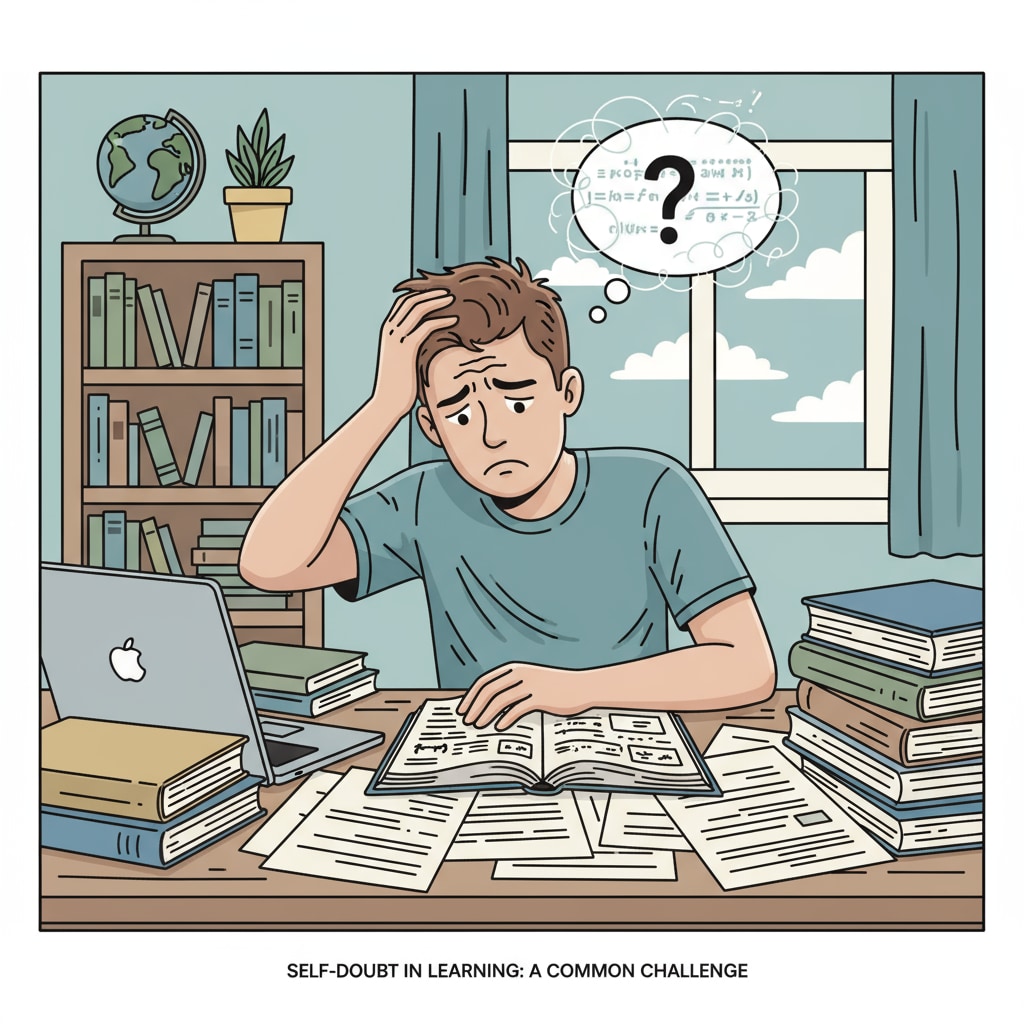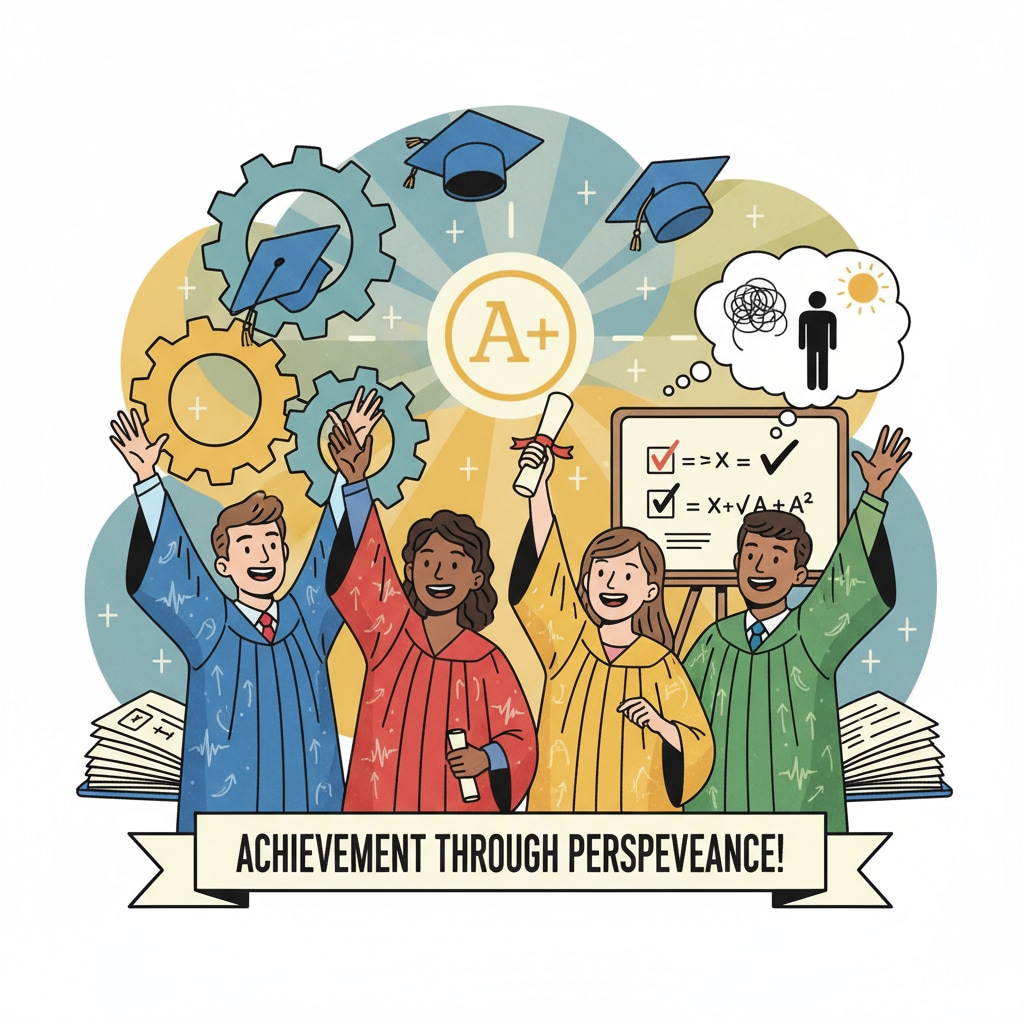Intellectual disabilities, self-doubt, and learning abilities are intertwined aspects that significantly impact K12 students’ educational journey. In the realm of K12 learning, many students often find themselves grappling with self-doubt about their intellectual capabilities. This self-doubt can cast a long shadow over their academic performance and overall well-being.

The Prevalence of Self-Doubt in K12
Self-doubt among K12 students is alarmingly common. As they face increasing academic pressures and compare themselves with peers, many start to question their intelligence. For example, when a student struggles with a difficult math concept or fails to perform well on a test, they may begin to think they are not smart enough. This self-doubt can stem from various factors. According to American Psychological Association research on children’s mental health, parental expectations, peer competition, and teachers’ feedback can all contribute to students’ self-doubt.

The Root Causes of Intellectual Self-Doubt
One of the main causes is the pressure to conform to high academic standards. Parents and educators often set lofty goals for students, which can make them feel inadequate when they fall short. In addition, the competitive nature of the classroom environment can lead to constant comparison. Students may see their peers excelling and assume they are lacking in intellectual abilities. Another factor is a lack of proper learning support. If a student doesn’t receive the help they need to understand complex concepts, they may start to believe they have an intellectual disability when, in fact, they just need more targeted instruction.
The impact of intellectual self-doubt on students is far-reaching. It can lead to decreased motivation, as students may feel that no matter how hard they try, they won’t succeed. This, in turn, affects their academic performance. Moreover, it can have a negative impact on their mental health, leading to anxiety and even depression. Therefore, it is crucial to address this issue promptly.
Building a Healthy Self-Perception
Educators and parents play a vital role in helping students build a healthy self-perception. Firstly, they should provide positive and constructive feedback. Instead of focusing solely on mistakes, highlight students’ strengths and progress. For example, if a student has made an effort in writing an essay, praise their creativity and hard work. Secondly, encourage students to set realistic goals. Break down large tasks into smaller, achievable steps, which can boost their confidence as they complete each one. According to Education World’s strategies for building student confidence, providing a supportive learning environment where students feel safe to make mistakes is also essential.
In conclusion, intellectual disabilities, self-doubt, and learning abilities are complex issues in K12 learning. By understanding the causes and impacts of self-doubt and implementing effective strategies, educators and parents can help students step out of the mist of intellectual self-doubt and develop a positive and confident attitude towards learning.

Readability guidance: Using short paragraphs and lists helps summarize key points. Each H2 section preferably has a list. Control the proportion of passive voice and long sentences. Incorporate transition words like however, therefore, in addition, for example, and as a result throughout the text.


